Outland A Stark Journey Through Space and Moral Dilemmas
Our second review of this excellent Outland Peter Hyams' film from 1981.
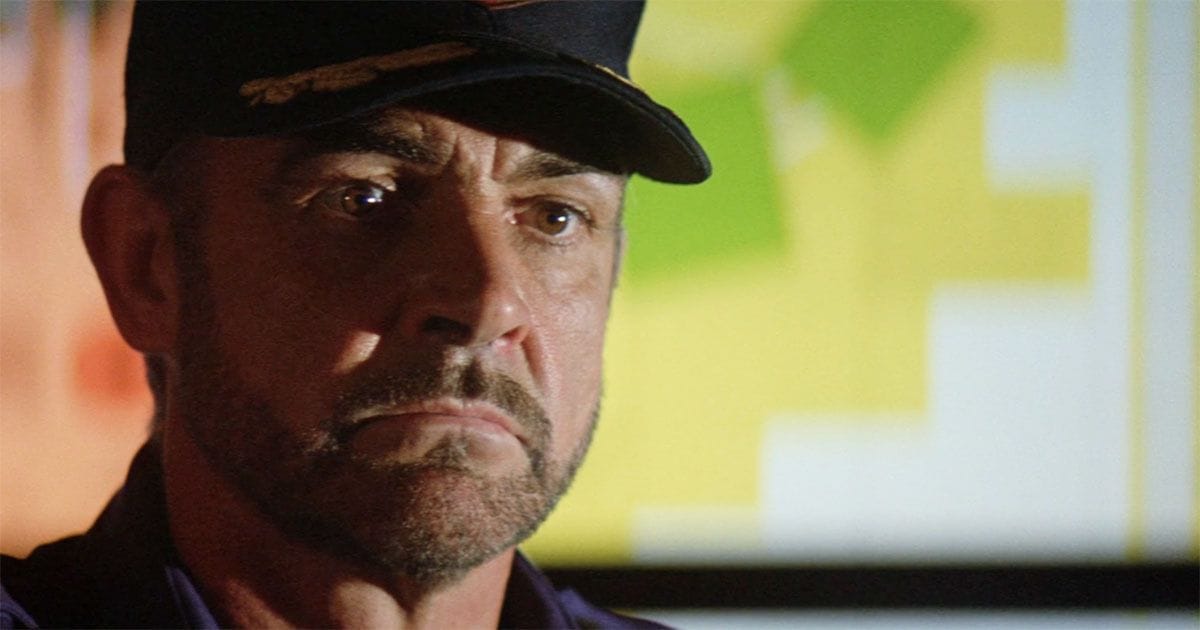
"Outland," directed and written by Peter Hyams in 1981, stands as a notable entry in the realm of science fiction, often described as a space Western.
With a cast led by Sean Connery as Federal Marshal William O'Niel, alongside Peter Boyle and Frances Sternhagen, the film is set against the backdrop of a bleak titanium mining colony on Jupiter's moon Io.
Here, O'Niel confronts the deadly consequences of corporate greed manifesting in the form of a dangerous amphetamine that pushes the miners to their limits while eroding their sanity.
Though produced in an era dominated by visually spectacular epics like "Star Wars," "Outland" takes a different approach. It presents a gritty investigation into the human cost of labor exploitation, drawing strong parallels to classic Western narratives, particularly "High Noon."
The film's ambition lies within its exploration of isolation and moral integrity against a corporate landscape. However, while the film effectively captures an industrial aesthetic akin to Ridley Scott's "Alien," it often falters in-depth, leaving both characters and world-building somewhat superficial.
| Attribute | Details |
|---|---|
| Title | Outland |
| Director | Peter Hyams |
| Writer | Peter Hyams |
| Actors or Actresses | Sean Connery, Frances Sternhagen, Peter Boyle |
| Rated | R |
| Runtime | 109 min |
"Outland" provokes contemplation about exploitation in the future, yet it ultimately raises questions on whether it fully realizes its potential within the science fiction genre.
Synopsis
In "Outland," Federal Marshal William O'Niel faces the daunting task of maintaining order in the isolated mining colony, which serves as a key site for extracting valuable resources on Io. As O'Niel investigates a series of mysterious deaths among the miners, he uncovers a direct link to the dangerous drug.
The covert distribution of this potent stimulant maintains the workers' productivity. The corrosive effects of this substance not only drive the miners to physical extremes but also erode their mental health and spark violent outbursts.

As the film progresses, O'Niel battles both the relentless pressure of corporate interests and the pervasive sense of alienation that comes with life in space. His determination to confront the real perpetrators behind the drug trade puts him at odds with the powerful corporate heads who will stop at nothing to silence him and protect their lucrative operation.
The lawman finds himself increasingly isolated, with allies dwindling as he seeks to expose the truth about the exploitative system that exploits the miners and capitalizes on their suffering.
Ultimately, O'Niel's quest for justice culminates in a showdown that echoes the themes of classic Westerns, where the lone hero must confront corrupt forces.
"Outland" serves as a poignant commentary on labor rights and the ethical responsibilities of corporations, set against a stark and dangerous backdrop that mirrors the existential struggles of its characters.
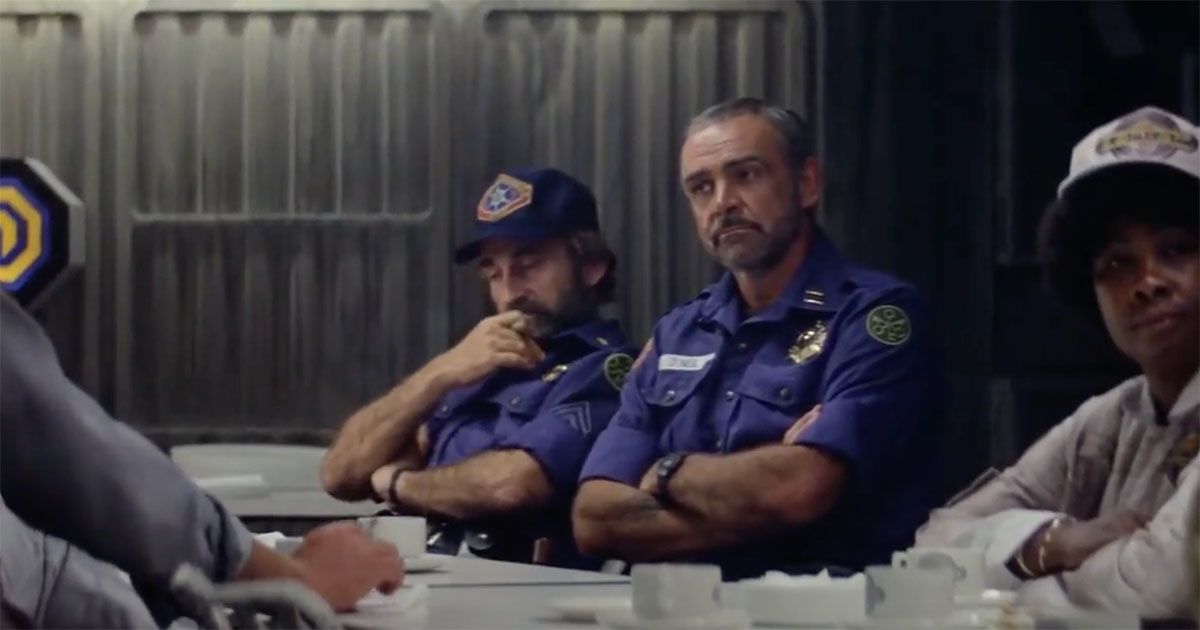
This film invites viewers to not only witness a compelling narrative but also to reflect on the implications of corporate morality and the human condition within the cold expanse of space.
Themes
"Outland" offers a vivid yet harrowing tapestry of life on a distant moon, a blend of stark visuals, compelling sound design, and a narrative steeped in human struggle.
The film immediately sets its tone with atmospheric cinematography that captures the relentless, harsh environment of Io as you begin watching. The bleak beauty of the mining colony, shown through dimly lit corridors and expansive industrial landscapes, evokes a sense of isolation that mirrors the emotional state of its characters, particularly Federal Marshal William O'Niel.
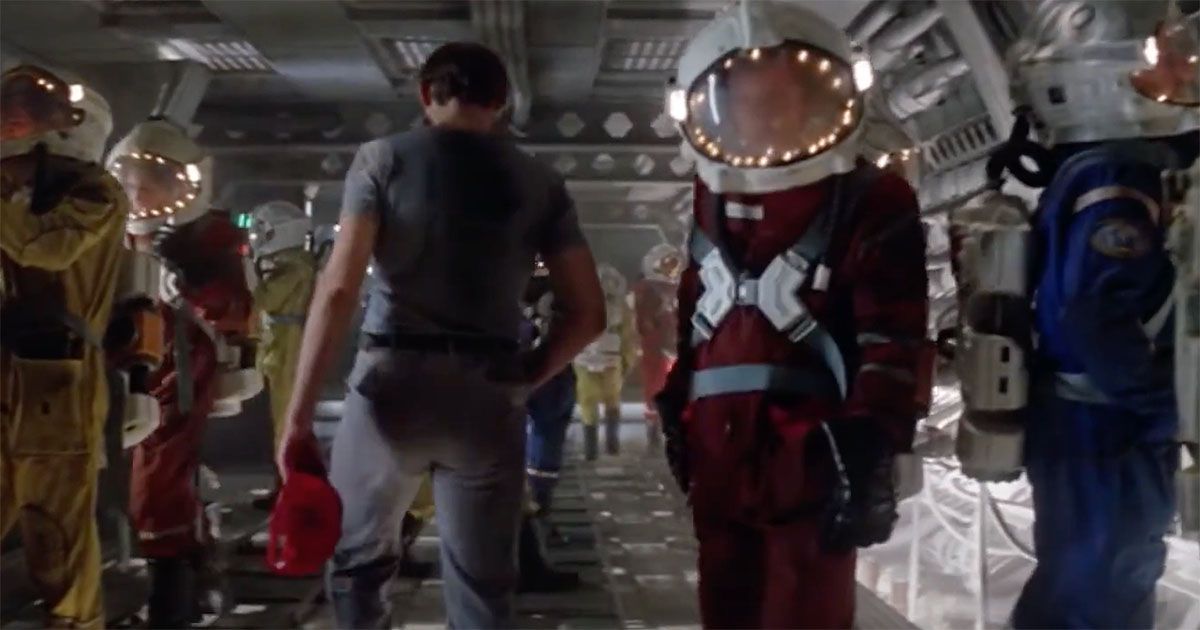
A key theme in "Outland" is the exploration of isolation, not just physically in the vastness of space but also emotionally and socially within the mining community. As O'Niel grapples with his role as a lawman, he is increasingly alienated from both the miners and the corporate authorities.
The ominous silence within the sprawling colony highlights his position as a lone figure against an oppressive system. This isolation is both a source of strength and a profound vulnerability as O'Niel navigates a world where personal connections are non-existent and trust is a rare commodity.
The film effectively captures the essence of loneliness, which functions as a catalyst for O'Niel's resolve to seek justice amid overwhelming odds.
Another critical theme is corporate greed and the exploitation of labor. "Outland" serves as an indictment of capitalism's darker impulses, illustrating how profit motives can lead to unethical practices that endanger lives.
The deadly amphetamines, distributed to ensure productivity at the cost of miners' well-being, act as a metaphor for the ways in which large corporations prioritize profits over humanity.
The film's narrative compels the viewer to consider the ramifications of industry and capitalism on the individual, a theme that resonates strongly in contemporary discourse about workers' rights. While O'Niel embodies the moral compass amidst this chaos, the film ultimately raises profound questions about accountability and the responsibilities of those in power.
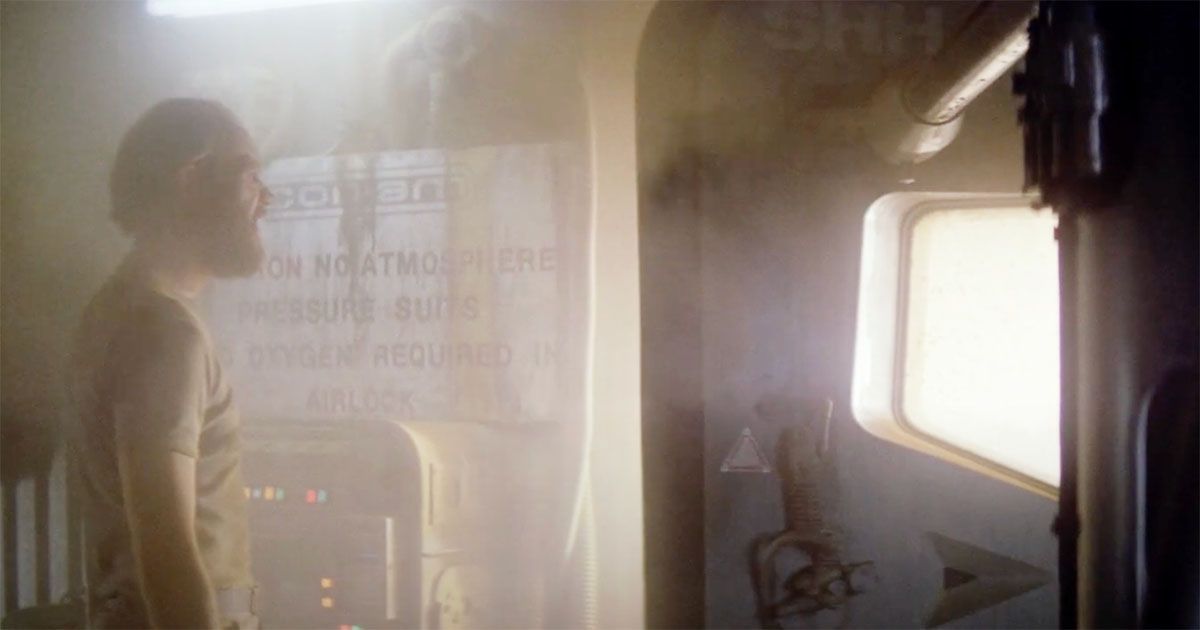
As the story progresses, viewers witness O'Niel's shift from a hesitant law enforcer to a determined opponent of corruption. Sean Connery brings this transformation to life with subtle precision. His furrowed brow and firm stance reveal the inner turmoil that shapes every decision he makes, drawing the audience deeper into the character's moral struggle.
The tension builds steadily as O'Niel battles to maintain his moral integrity against the corporate deceit and collusion surrounding him. This conflict prepares the ground for a gripping climax, where the stakes go beyond the personal and touch on a broader, universal struggle against the oppressive forces of power. In this fight, his determination becomes a symbol of resistance, reflecting a timeless battle for justice in the face of overwhelming corruption.
In conclusion, "Outland" is more than just a science fiction film. It serves as a thoughtful exploration of existential themes that resonate deeply with both individuals and society as a whole.
The film's reflection on corporate greed, moral integrity, and the effects of isolation linger long after the credits roll, inspiring viewers to reflect on the broader implications of the human condition and the complex relationships between labor, power, and survival. It is a testament to the genre's potential to offer not only entertainment but also a profound commentary on our reality.
Who Will Enjoy Outland
"Outland" blends science fiction and Western elements to create an experience that resonates with a wide audience, especially those who appreciate stories of human resilience against corporate oppression. Traditional science fiction fans will be captivated by its futuristic setting and space-age visuals.
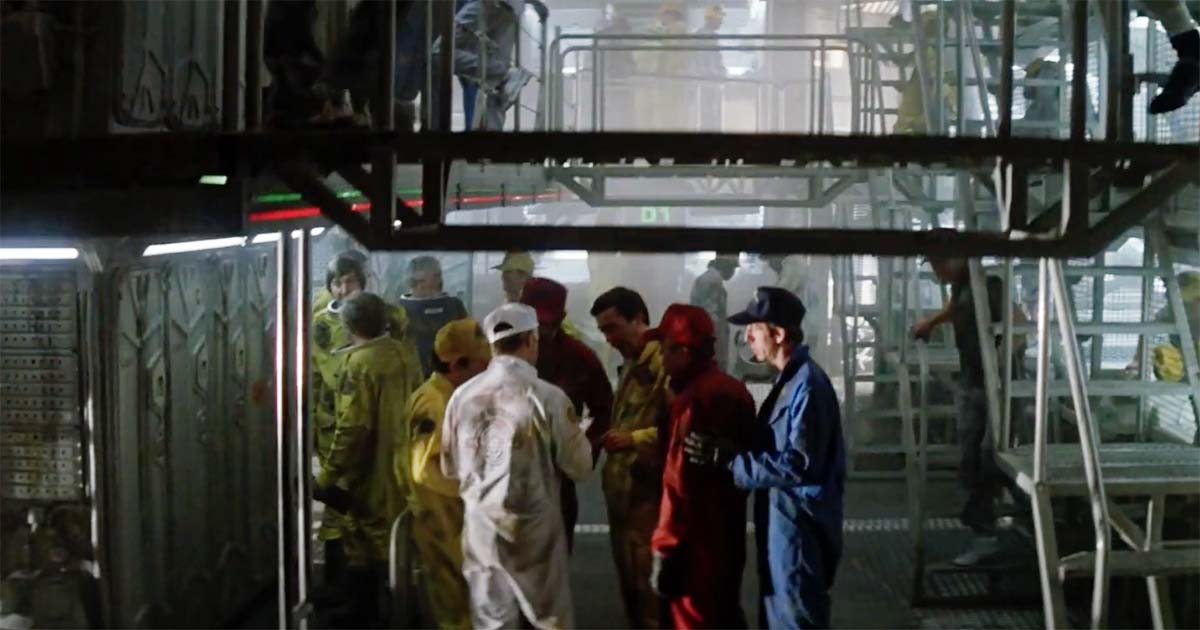
At the same time, the film offers deeper insights, delivering strong messages about exploitation and moral integrity. These themes draw in viewers who crave narratives rich in substance and social commentary, making the film compelling on many levels.
Those who are captivated by character-driven plots, where moral dilemmas are at the forefront, will find much to appreciate in "Outland." Viewers of classic Westerns, especially those who cherish films that showcase the lone hero in a corrupt world, will discover a familiar cadence in O'Niel's journey.
It serves as a modern reflection of these classic themes, inviting audiences to draw parallels to contemporary societal issues. This film is particularly well-suited for a quiet evening of introspection, perhaps paired with discussions about the implications of corporate power in today's society. It can be a thought-provoking choice for a film night among friends interested in exploring the interplay of ethics and capitalism, or it may serve as a poignant selection for an academic setting focused on labor rights or dystopian narratives.
However, it is worth noting that "Outland" does not rely heavily on the excitement typical of blockbuster cinema. Instead, it offers a slow-burning tension that builds steadily throughout its runtime. Those who prefer high-octane action or superficial entertainment may find it lacking.
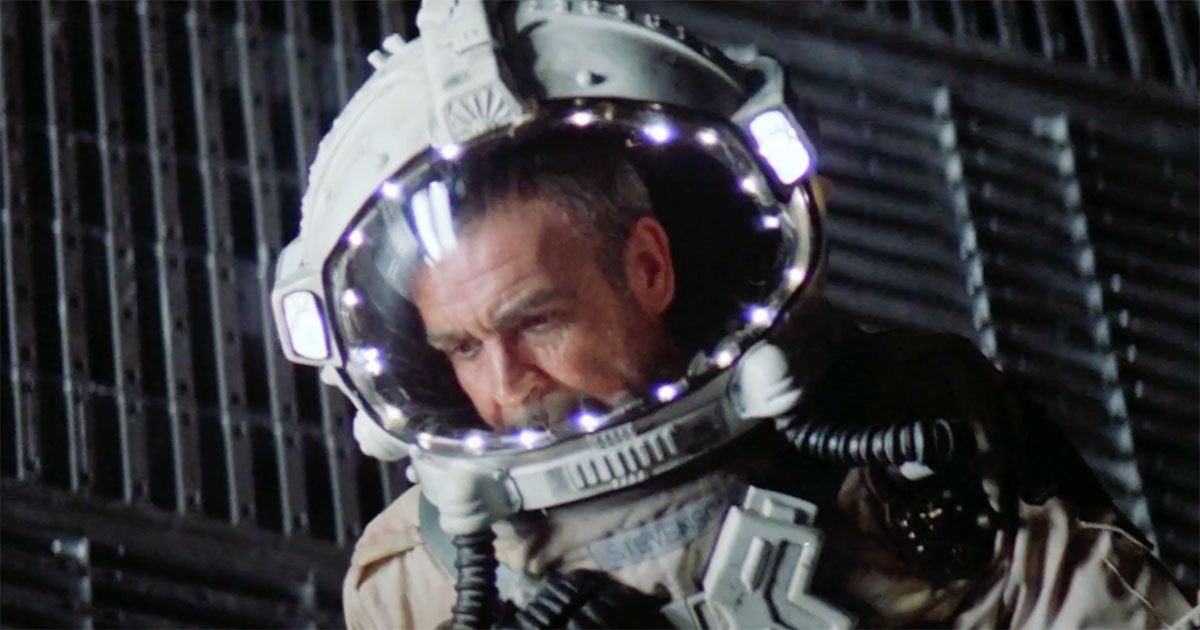
Viewers should prepare themselves for the film's gritty realism, as it directly confronts the darker side of human existence. The story highlights the moral compromises individuals face, presenting them with a raw and unflinching honesty that makes the narrative all the more compelling.
In conclusion, "Outland" is a compelling film that speaks to themes of isolation, exploitation, and the courage required to stand against systemic wrongs. The combination of a strong performance by Sean Connery and the film's nuanced exploration of labor ethics positions it as an enriching cinematic experience.
It invites the viewer to consider the enduring relevance of these themes within our modern context, making it a worthwhile endeavor for anyone interested in the complexities of human nature and societal structure. I recommend "Outland" for those willing to engage in a thoughtful reflection on the human experience, as it remains a significant, if imperfect, entry in the science fiction genre worthy of exploration.
Check out our previous review of Outland too.

